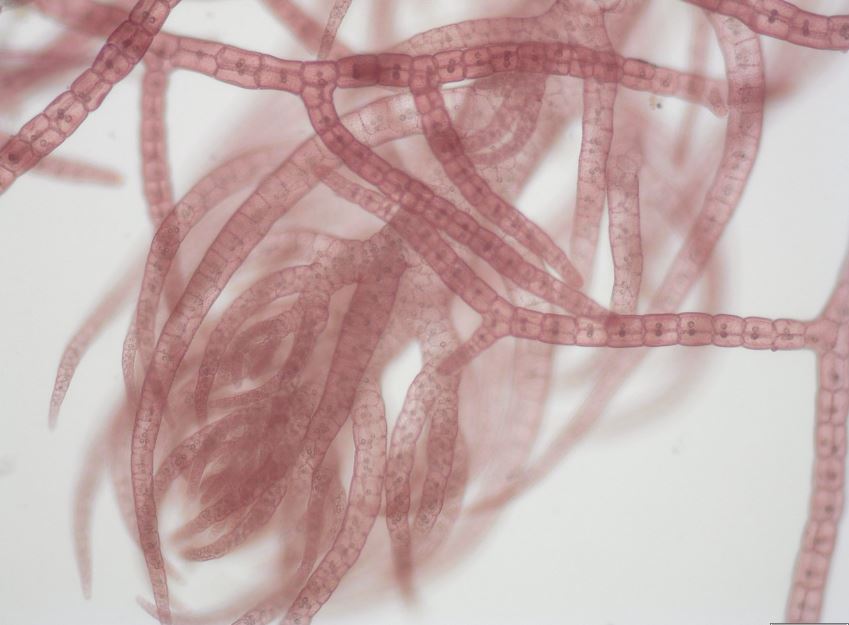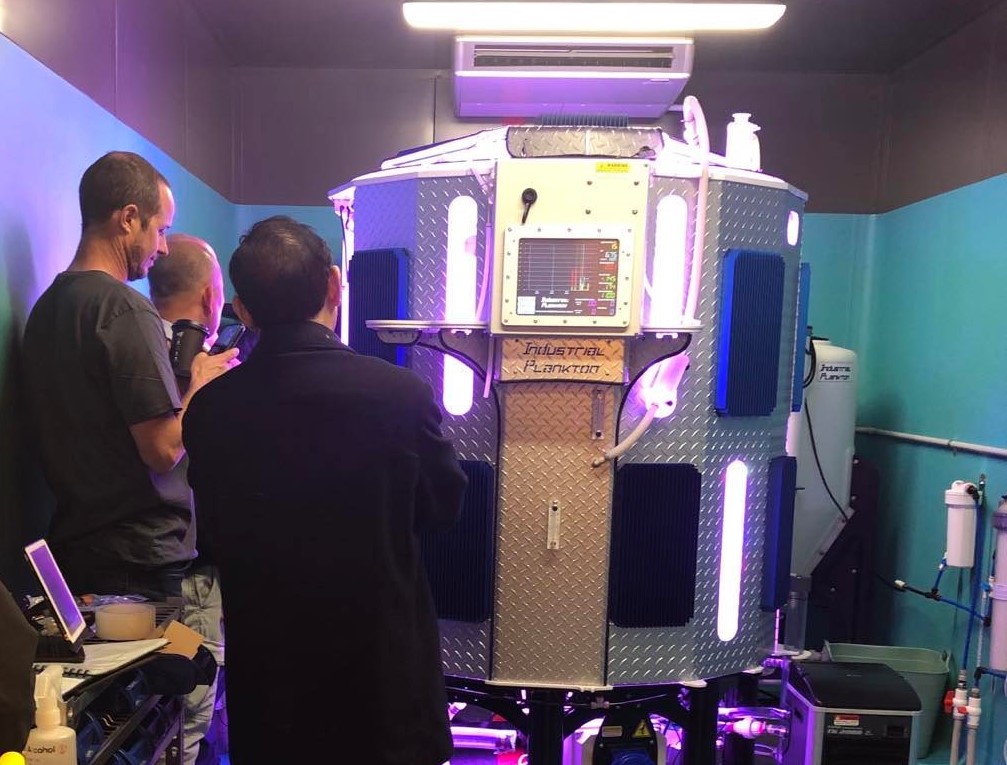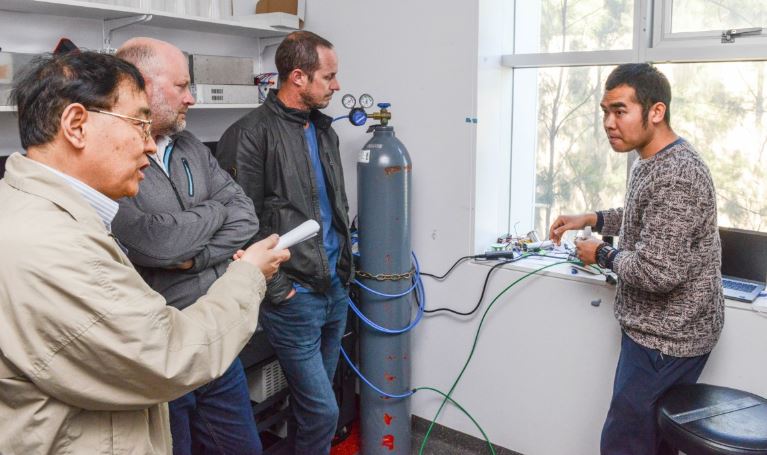
The Flinders University research project with industry leader SeaStock is working on a technique to culture the native red microalgae, Asparagopsis taxiformis, a species of red algae native to WA.
The culture will be sent to a pilot plant in Fremantle before expanding production at multiple land-based locations along the Western Australian coast.
SeaStock will further seek to deploy seeded lines into the Indian Ocean at its Abrolhos Islands cultivation site located about 60km west of Geraldton.
College of Science and Engineering marine biologists, Professor of Aquaculture Jian Qin and Dr Thanh Hoang Hai, have announced they are getting closer to culturing the edible seaweed at its entire life-cycle stages.
"This Western Australian native red algae from the Abrolhos Islands off the WA coast has a complex life cycle known as tetrasporophyte, gametophyte and carposporophyte phases," says researcher Dr Hoang.
"All these life stages are currently explored at lab scale as we work towards the commercial cultivation of asparagopsis in Western Australia."

Professor Qin says the culturing of tetrasporophytes and the early-stage of gametophytes has now been developed in the laboratory.
"This is a major milestone in terms of the development of our research that will allow SeaStock to further its research in the ocean culture," says Professor Qin, who leads the Flinders project team which includes Dr Hoang, Dr Trung Nguyen and Dr Pengfei Fu.
"Gametophytes have higher bromoform content and larger biomass compared to tetrasporophtytes. We are now working on the patent and pilot scale with SeaStock in 2023."
The aquaculture venture uses modern equipment, including the Flinders Accelerator for Microbiome Exploration (FAME) for Asparagopsis genetic identification, the Flinders Analytical Lab for quantifying bromoform content, and the Centre for Marine Bioproducts Development for standardising and advancing bromoform extraction.
SeaStock executives Tom Puddy and Tom Chaney recently visited the expanded Flinders facilities.

SeaStock Managing Director Tom Puddy says the milestone is a big step towards commercialising this red seaweed as a natural feed supplement for livestock to reduce methane production in a cow's stomach.






